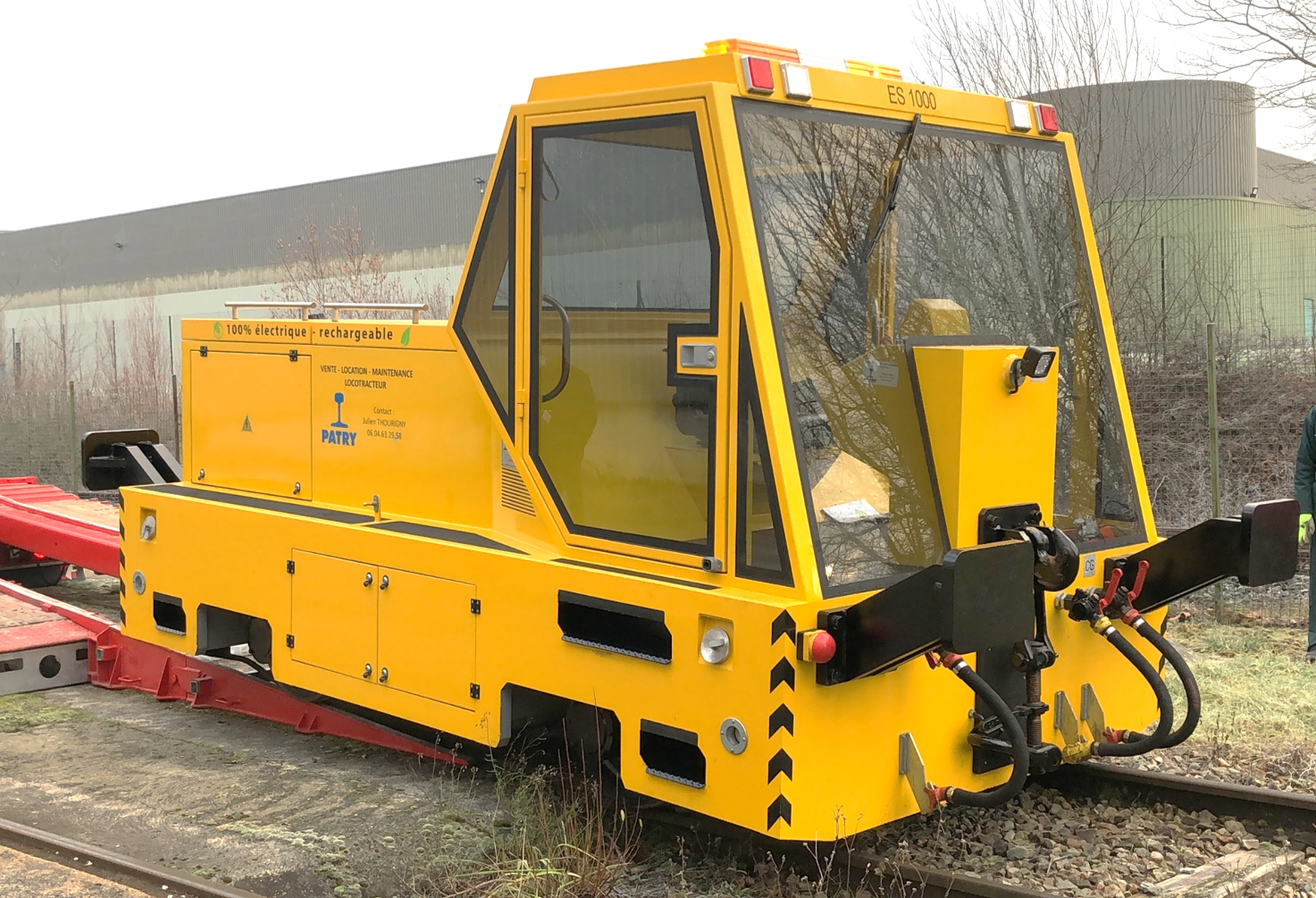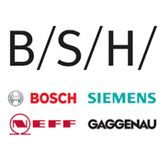News & Monitoring
Bosch always chooses to take the train
Category: portraits | Published on : 23/04/21

PORTRAIT
By adopting the FRET21 scheme in 2020, the household appliance manufacturer is announcing a 15% reduction in greenhouse gas emissions from its transport. The modal shift from road to rail is its main lever for action. FRET21 is a scheme supported by AUTF and ADEME as part of the EVE programme.
By working on our carbon footprint today, we are anticipating future demands," says Gabriel Schumacher, Logistics Director of BSH Appliances (Bosch, Siemens, Neff and Gaggenau brands). In the long term, companies will have to be accountable to their customers for their environmental impact. In order to take action on the CO2 emissions of its transport, the logistics director began by measuring them. " At FRET21, ADEME and AUTF provided us with the tools to evaluate the CO2 emissions of the transport of finished products from our factories to our customers, who are mainly in the retail sector," he explains. The teams identified five factories in Europe that could switch their flows to rail, to transport the products to a consolidation point located on the French-German border. There, whole trains are made up to go to the Tournan-en-Brie warehouse in France, which has been connected to the rail network since it was built. Today, the reception platform is 427 metres long and can accommodate up to 25 wagons," says Gabriel Schumacher, who has always believed in the virtues of rail logistics, even though its cost is still higher than that of road transport. In order to absorb these additional flows by rail, we have gradually increased the number of staff in the team responsible for unloading. They work at night, as passenger transport has priority on the network and goods are transported at different times. This measure alone will reduce CO2 emissions by almost 4,000 tonnes and the number of trucks on the road by 2,600, "in addition to the 7,000 we have already eliminated thanks to this mode of transport ", since the first delivery by rail between Germany and France took place in January 2008. From three trains per week, there will now be six. Modal shift accounts for more than 95% of Bosch's commitment to the EVE program FRET21 . To take the environmental approach to its logical conclusion, the Tournan-en-Brie distribution platform has also undergone another change: the local rail operator's locomotive, which carries full wagons into the warehouse and removes empty ones, will be replaced by an electric locomotive in early January 2021.
Maintaining environmental performance
In order to complete these actions, and to achieve the 15% reduction in CO2 emissions from its transport operations announced when the approach was adopted FRET21, Bosch is including a CO2 commitment from its transporters in its next calls for tender. From 35% of service providers registered in "Objective CO2" today, the manufacturer intends to reach a rate of 80% by the end of its commitment, in 2023. It is also negotiating the wider use of Bio GNV for post-carriage deliveries. At the same time, Gabriel Schumacher intends to maintain the environmental performance of the logistics activity, in particular by maintaining the delivery structure set up previously, to guarantee an optimal Filling Rate between the rounds and the courier flows. Similarly, the combined rail-road transport flow line in the south of France is maintained. Many organizational constraints are currently weighing on the railway," explains the logistics director. In this context, keeping this mode of transport on the domestic market is already a major effort on a daily basis. For Gabriel Schumacher, an early believer, it is necessary for companies to have a vision of their impact on the climate from now on, to accept sometimes to pay more, and to adapt their logistic organization, to limit the carbon footprint of their activities.



